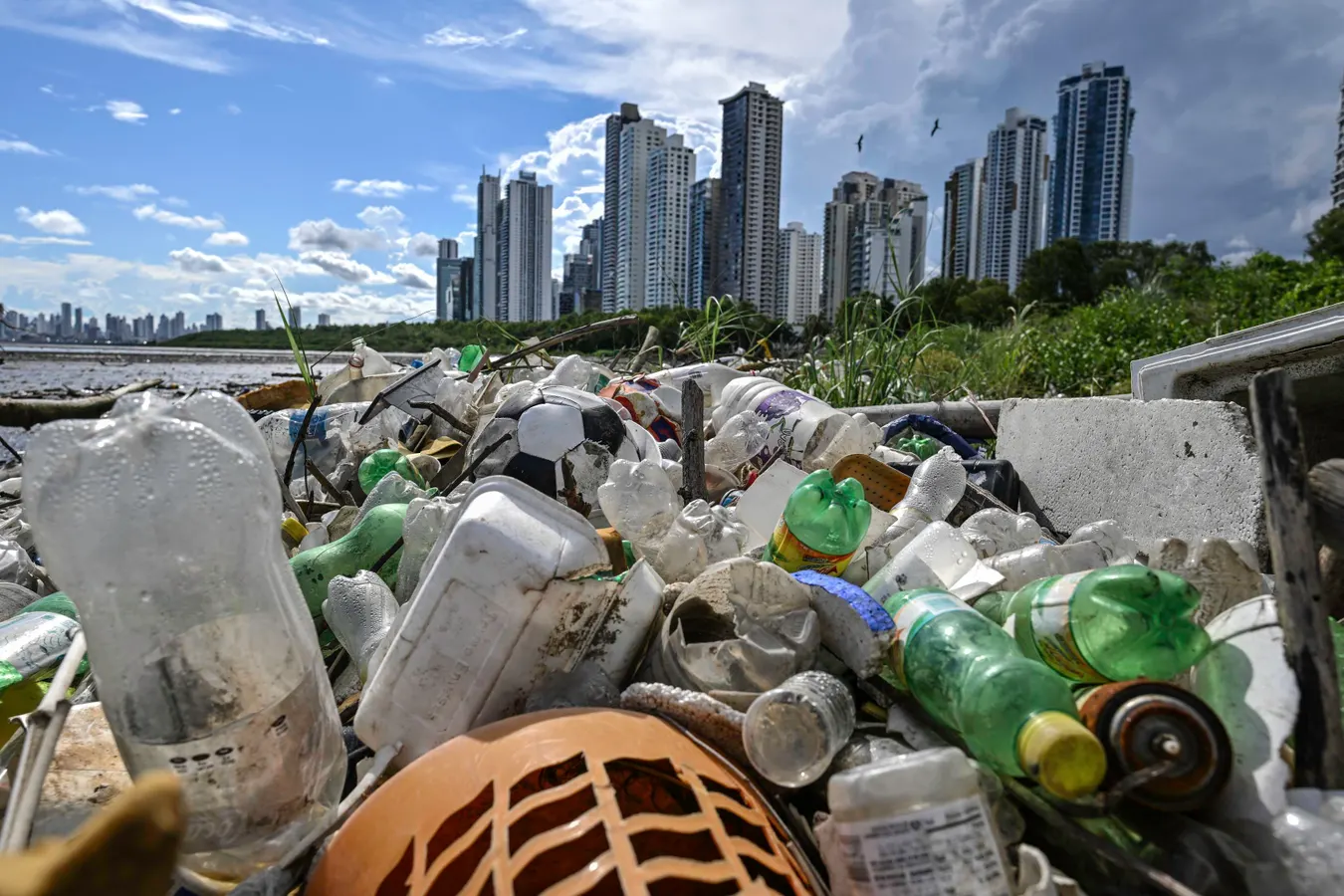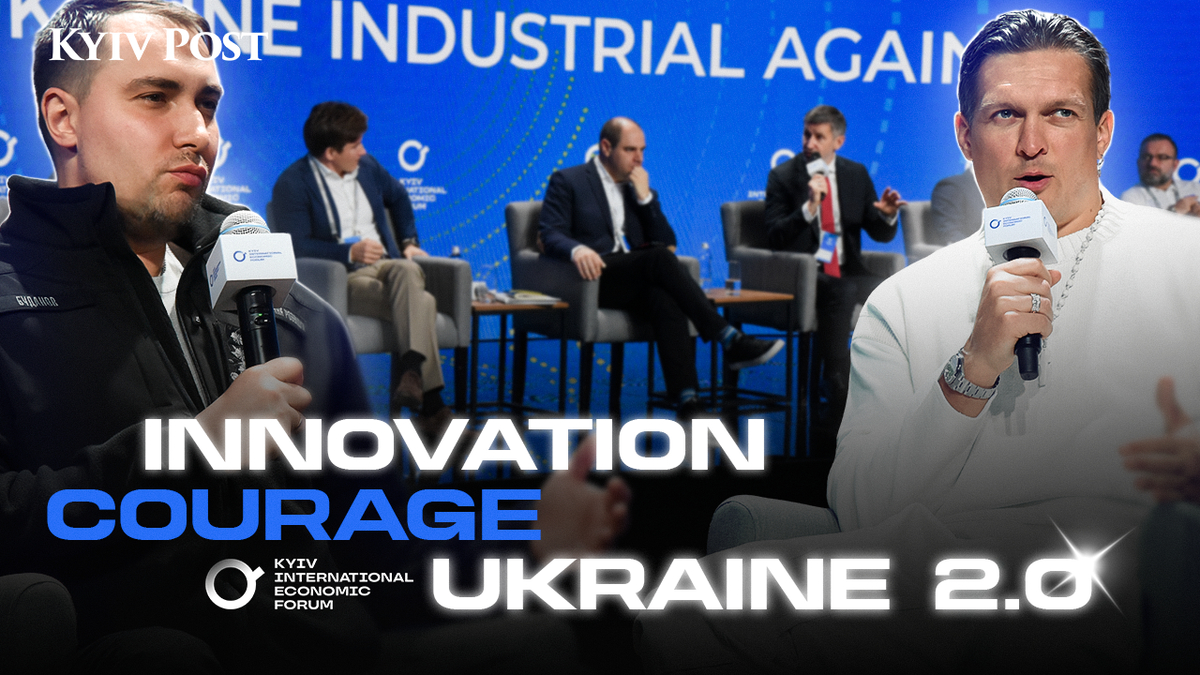Copyright forbes

TOPSHOT - Plastic waste and garbage is seen at the beach in Costa del Este, Panama City, on September 21, 2022. An environmental association inaugurated this Thursday in Panama a gigantic hydraulic wheel that collects floating solid waste from a river to prevent it from reaching the sea, in an attempt to stop the rampant garbage collection crisis plaguing the capital of the Central American country. (Photo by Luis ACOSTA / AFP) (Photo by LUIS ACOSTA/AFP via Getty Images) AFP via Getty Images Business leaders have been urged to join global efforts to tackle plastic waste and build a circular economy in a new analysis. The report by the non-profit Ellen MacArthur Foundation calls on businesses to work together and drive change. It argues businesses “need not wait on the sidelines” and have an opportunity to inform and stay ahead of regulation. But to do so effectively, the report says they need to focus beyond just driving change within their own companies and contribute towards changing the wider market. It adds this requires a combination of new types of collaboration to drive innovation, create demand for solutions, and demonstrate what is possible, along with being vocally supportive of ambitious, effective policy, as more than 300 businesses already do in the Business Coalition for a Global Plastics Treaty. According to the study, 20% of the global plastic packaging market – including Nestlé, SC Johnson and Unilever have reaffirmed their support to the Ellen MacArthur Foundation’s Global Commitment 2030, which is one of the world’s largest voluntary efforts to tackle waste and pollution. It adds signatories to the commitment have avoided 14 million tonnes of virgin plastics, the equivalent of 1.8 trillion plastic bags or saving one barrel of oil every second. And they have also tripled their use of recycled content and eliminated billions of problematic packaging items. MORE FOR YOU The report now urges the remaining 80% of the market to step up and back the commitment. Rob Opsomer, Executive Lead for Plastics and Finance at the Ellen MacArthur Foundation, said the report shows it is actually possible for businesses to step up and to make progress on this issue, in an interview. But Opsomer added despite a lot of progress from individual businesses, a number of barriers and issues remain. These include scaling the amount of packaging, which can be reused, tackling flexible packaging like candy bar wrappers and developing more collection and recycling infrastructure, particularly in the Global South. He said there needs to be collaborative action between businesses to overcome these systemic barriers, which businesses cannot overcome on their own. “We are trying to focus the collective efforts of industry on the three systemic barriers of reuse, flexible packaging and infrastructure, and lead the way to faster impact,” he told me. “And there are many businesses already getting behind this. The businesses we work with see this as a business-critical issue to get right, and we have more than 300 companies in the Business Coalition for a Global Plastics Treaty. “But there are also simply too many businesses who are not doing anything, or who are taking too little action. “That's why we are encouraging industry leaders to look beyond their own footprint, and to collectively advocate for regulations that get the whole market to move,” added Opsomer. Pablo Costa, global head of packaging, digital and transformation at Unilever said no single company can solve plastic pollution alone and every part of the packaging value chain has a really important role to play, in an email. Costa added collective action and regulation is needed to drive progress at scale and ensure that businesses move in the same direction, at the same pace. “The more companies involved, the faster we can scale solutions like paper-based flexible packaging materials and shared reuse, refill and recycling infrastructure,” he said. Costa said Unilever is advocating for harmonised global packaging regulations, such as well-designed extended producer responsibility (EPR). He added reducing fragmentation can also help to lower transition costs, boost innovation and even create new jobs and growth opportunities across the plastics value chain. “Compared to a fragmented approach, harmonised regulations present clear global economic, environmental and social value,” said Costa. “We must now work together and advocate for enabling policy that helps to make sustainable packaging solutions easier and cheaper to scale for all businesses.” Editorial StandardsReprints & Permissions



